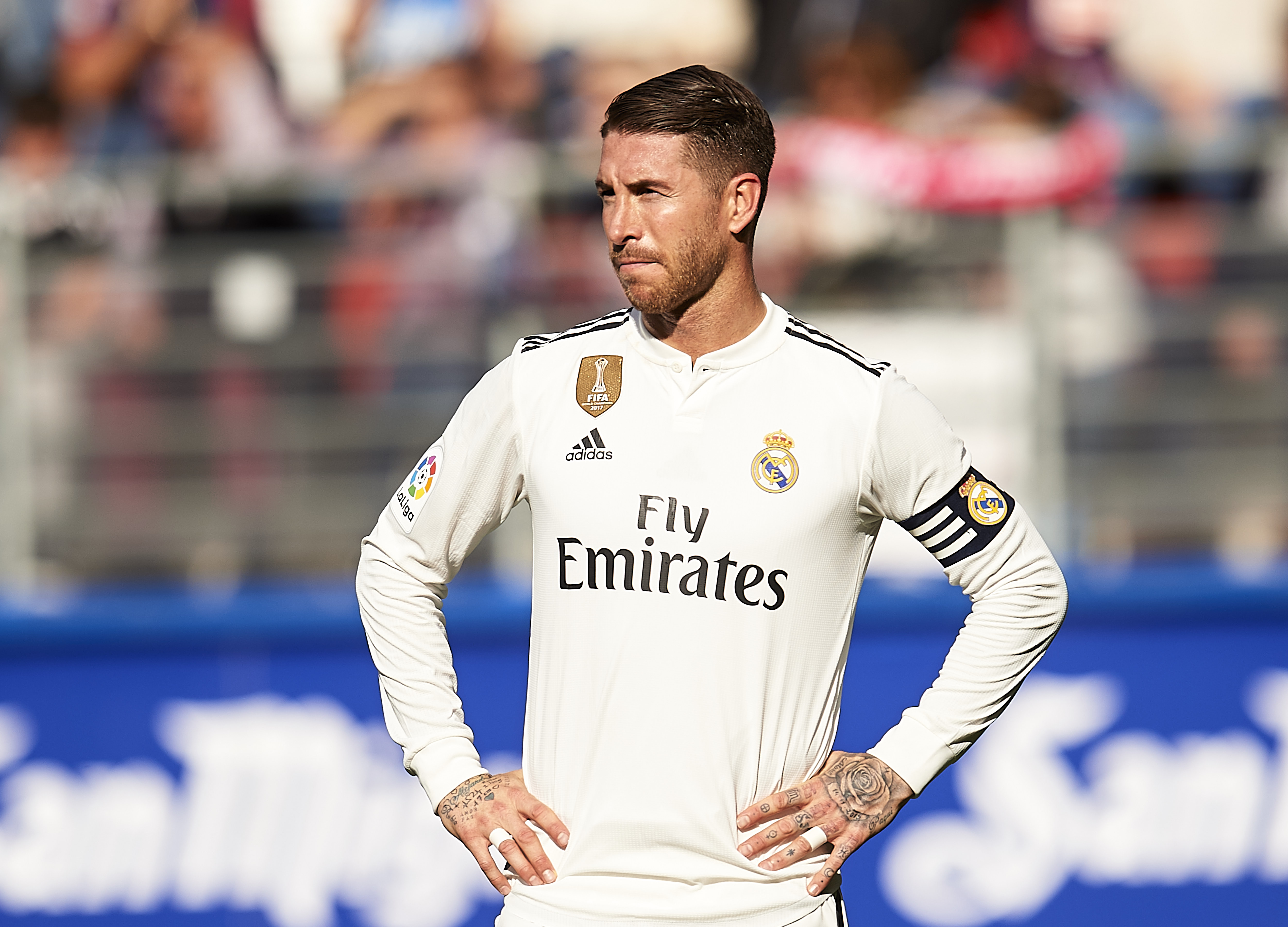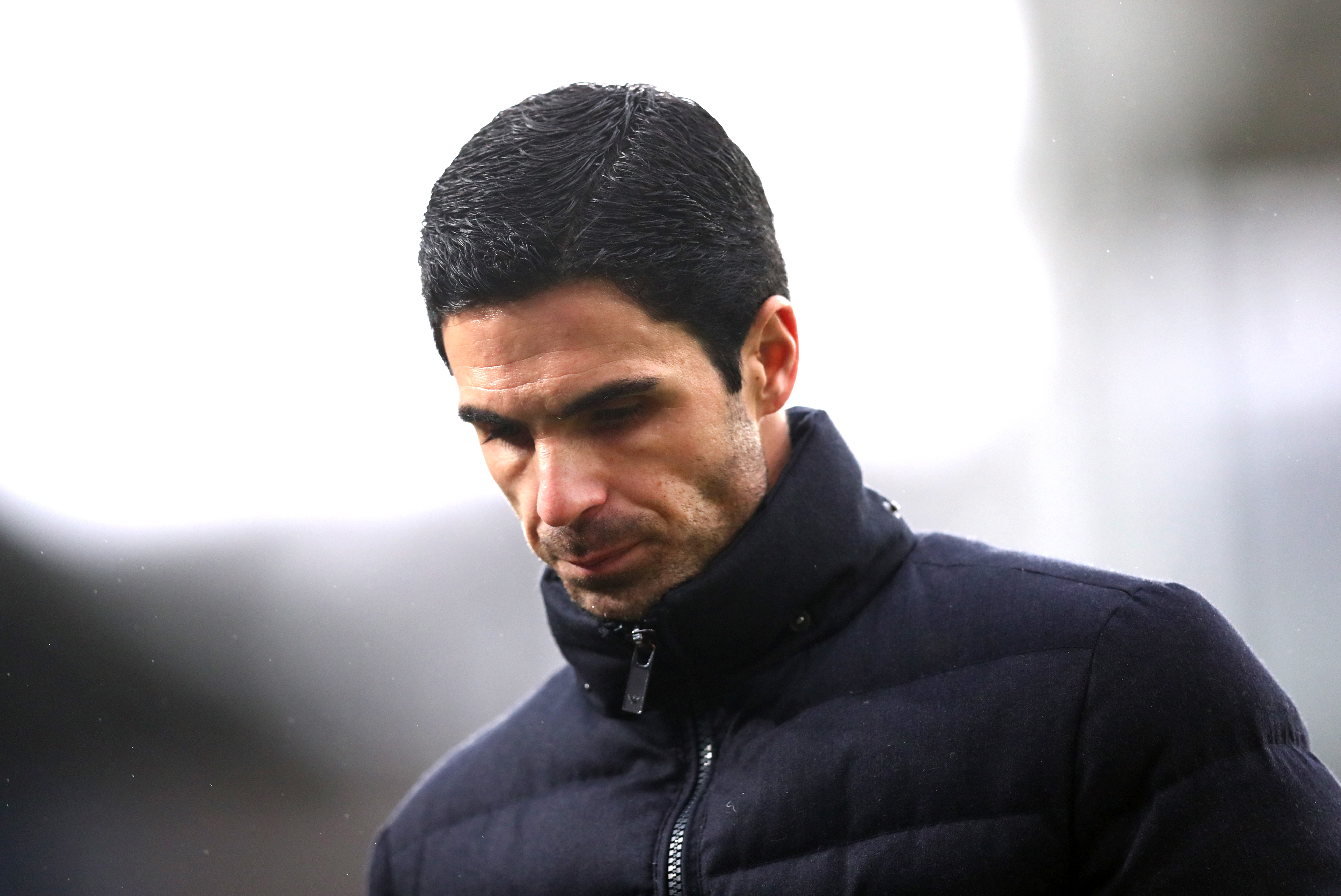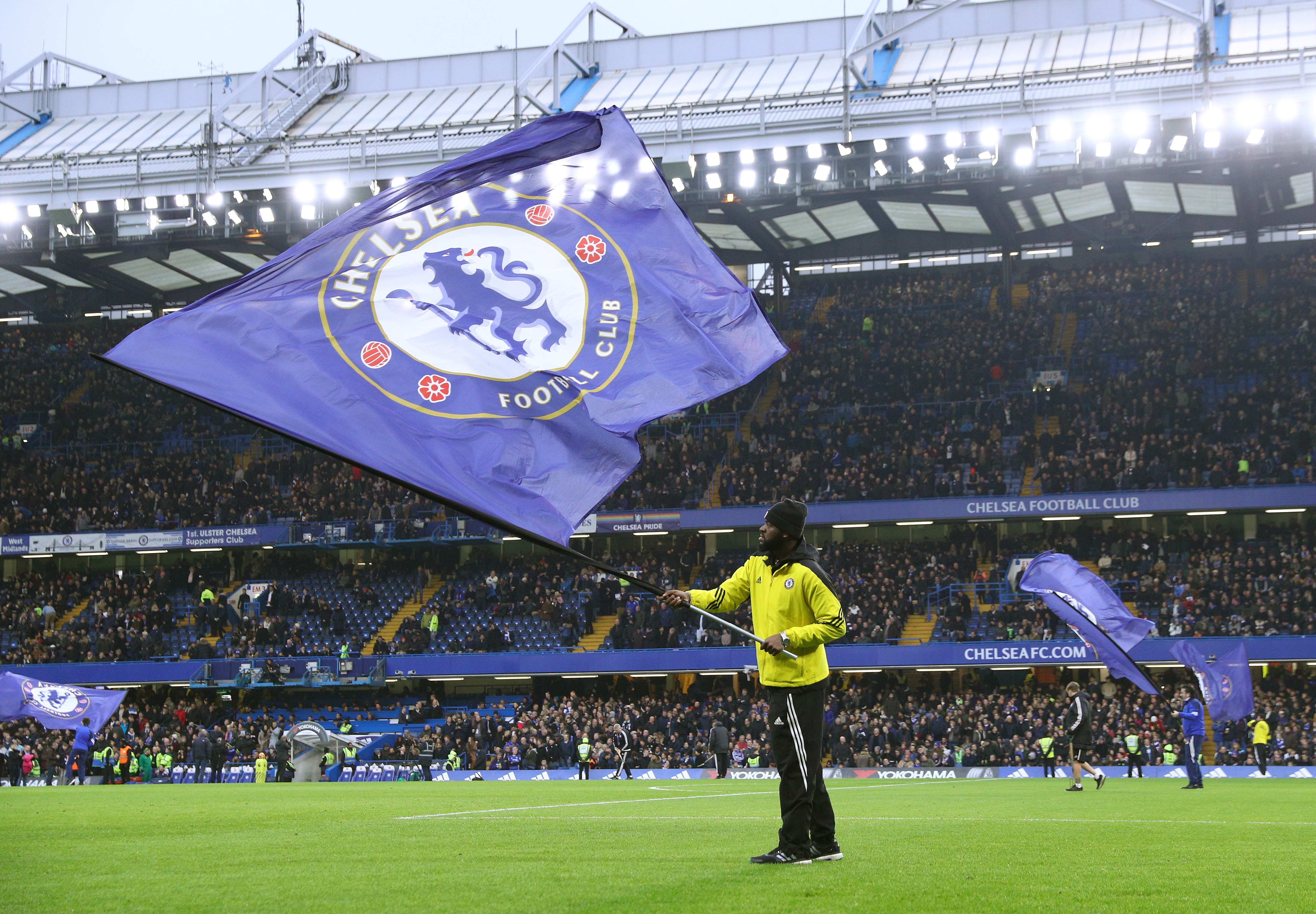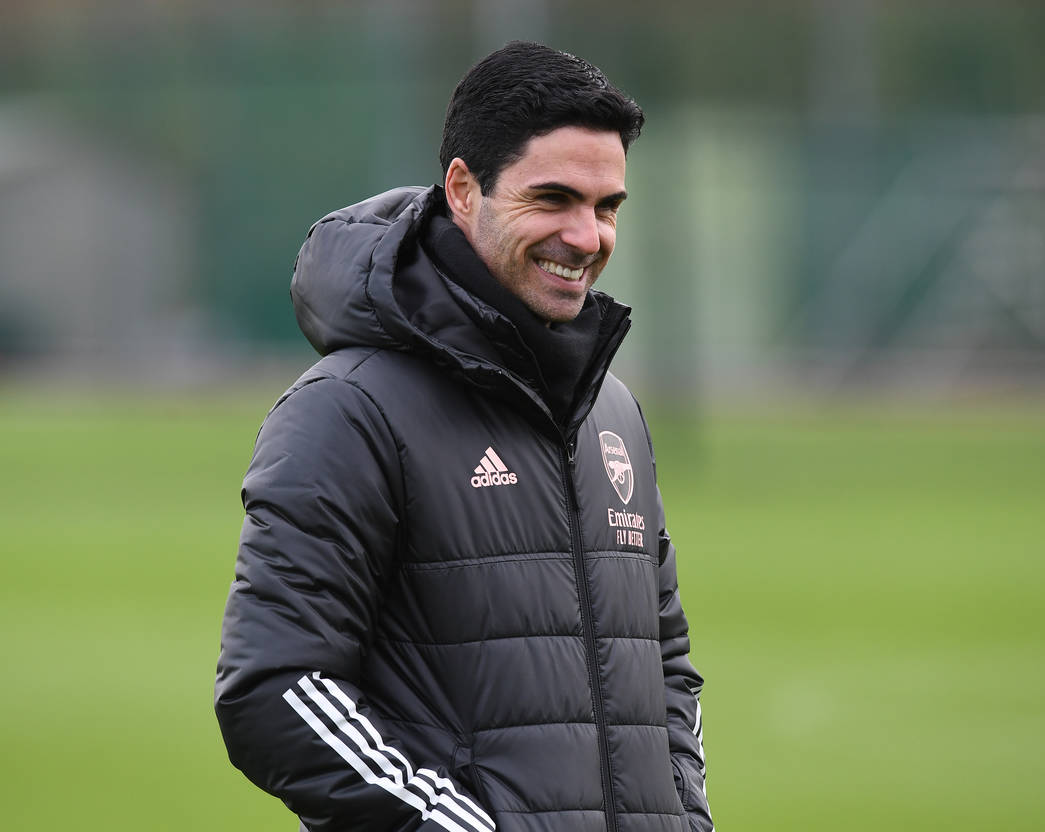Real Madrid captain Sergio Ramos has been accused of violating anti-doping protocol on two occasions, most notably during the 2016-17 UEFA Champions League final.
The 2018-19 campaign has been a strange one for Real Madrid. Their problems on the football field have been very well-documented. Thirteen games into the season, Los Blancos lie sixth in the La Liga table, six points off of leaders Sevilla and five behind arch-rivals Barcelona, who sit second.
Julen Lopetegui, who was brought in to take over from Zinedine Zidane in the summer, has been sacked, with former star player Santiago Solari now handed the reins to get things back on track. While the 42-year-old started off well as the interim boss, his first match in-charge as the permanent manager ended in a disappointing 3-0 defeat to Eibar.
Amidst all this, there was some other controversy brewing, a controversy that has cast a bad light on Real Madrid’s hat-trick of UEFA Champions League triumphs between 2016 and 2018.
Der Spiegel, the German publication that recently stirred up a storm with the Cristiano Ronaldo-Kathryn Mayorga rape accusations, has now alleged that Real Madrid captain Sergio Ramos was involved in a doping scandal, based on information from Football Leaks.
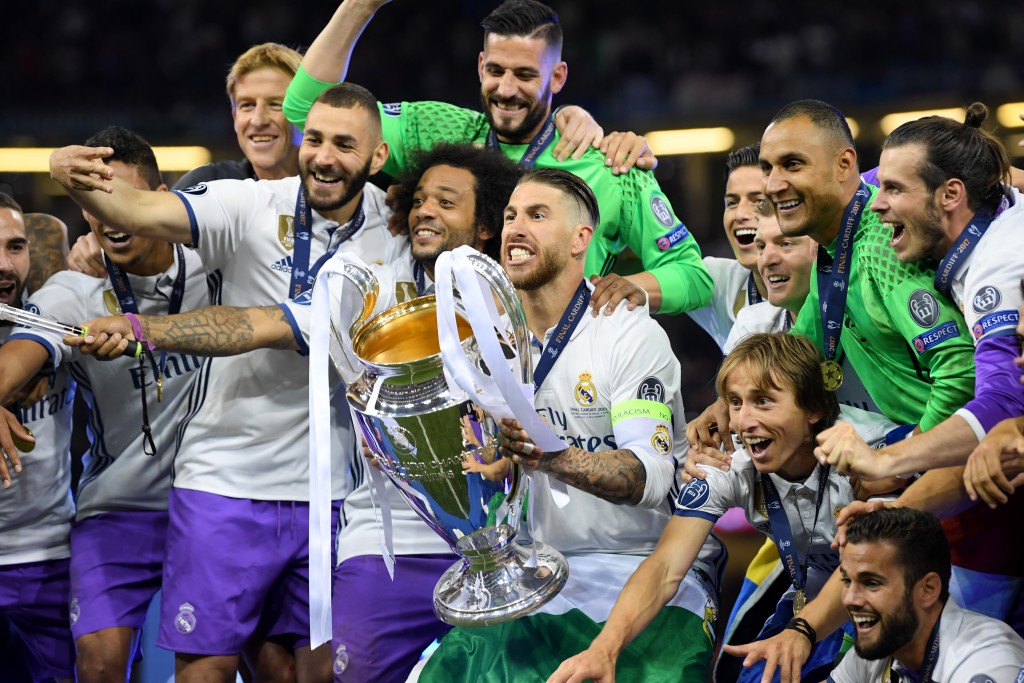
According to the said report, the 32-year-old centre-back tested positive for dexamethasone, a prohibited substance as per the World Anti-Doping Agency (WADA), in a doping test that was carried out in the aftermath of Real Madrid’s Champions League final triumph over Juventus in 2017, in Cardiff.
However, the entire test result was never made public by UEFA, nor were there any disciplinary actions taken against the player in question and his club.
Soon after the allegations surfaced, Ramos released an official statement via Twitter, saying, “In relation to the information published about me across a number of different media outlets, I would like to clarify the following: I am vehemently opposed to doping. I have never participated, nor will I ever participate in, nor have I consented to, nor will I ever consent to, any form of doping.”
Comunicado oficial | Official Announcement pic.twitter.com/dYYFMWKjj3
— Sergio Ramos (@SergioRamos) November 24, 2018
Real Madrid stood behind their captain, releasing an official statement that said, “With regards to the reports published by Der Spiegel in relation to our captain, Sergio Ramos, the club wishes to express the following: Sergio Ramos has never breached anti-doping regulations.”
“UEFA requested specific information and immediately closed the case referred to, as is customary in such instances, following tests carried out by experts from the World Anti-Doping Association (WADA) and UEFA itself.”
Ramos, ever the pantomime villain, was at the centre of another controversy on the night in question. The Spanish international played a part in sending off Juan Cuadrado with his theatrics, as Real picked up their 12th European title with a 4-1 win. However, these latest allegations paint a bad picture for the Spaniard and his club.
The 32-year-old has, over the years, established himself as one of the finest centre-backs in the game, someone with an exceptional hunger for trophies, someone who isn’t afraid to go to any lengths to ensure that he and his team come out on top – the Mohamed Salah incident from the 2017-18 Champions League final springs to mind immediately.
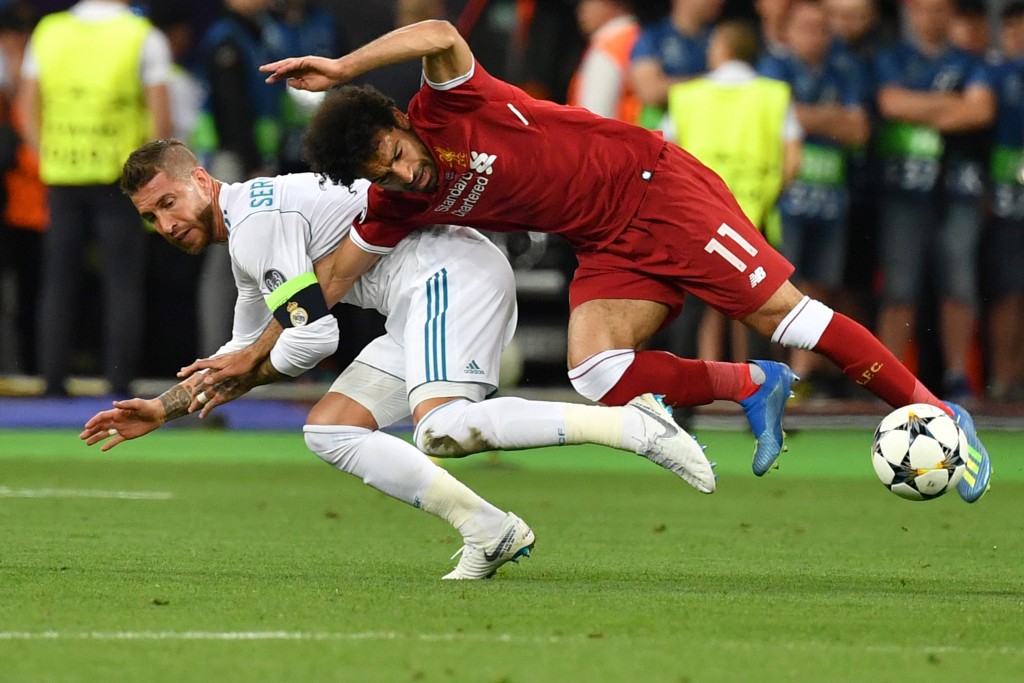
Yet, could Ramos have stepped too far over the line and indulged in intake of performance enhancing substances? Could the proud captain of Real Madrid and Spain, a player who has won the World Cup once, the European Championship twice and who is a four-time Champions League winner, be involved in a scandal that would tarnish his reputation and everything he has achieved in his esteemed career?
Back in the late 1990s, Juventus were at the top of their game in Europe and had gone on to reach three consecutive Champions League finals in 1996, 1997 and 1998. However, it has been proven since that the Bianconeri were using illegal substances during the said period, in order to enhance the performances of their players.
Twenty years later, Real Madrid have gone one better than the Old Lady and won three consecutive Champions League titles, but have now been alleged of committing irregularities in drug testing. Two separate incidents, two decades apart, yet there are some common factors between the two cases – Zinedine Zidane and Antonio Pintus.
Zizou was part of the Juventus squad at the time they were hit by the doping scandal and was, of course, the manager of the Real Madrid team during the time when Ramos has been accused of skirting the anti-doping rules.
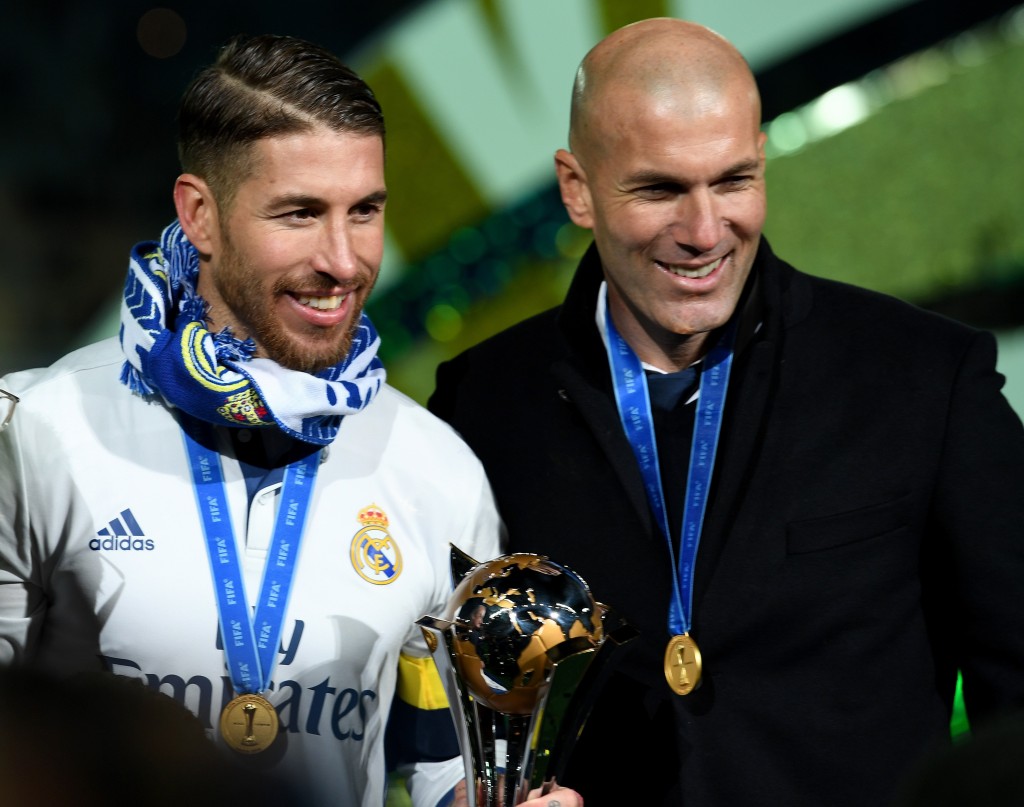
And Pintus, who happened to be the fitness coach at Juve during the controversial period in the 90s, has been with Real Madrid since 2016-17, having been brought into the fold by Zidane himself.
Coincidence? Maybe. But, the presence of two figures who had previously been involved in a doping scandal does increase the doubts over the legitimacy of Ramos’ claims of innocence in the matter.
Could it be that Real Madrid president Florentino Perez pulled some strings to silence the entire matter? Corruption in football is not something new and there is no doubt that the Real supremo has the financial clout and the connections to engineer such a cover-up.
As per Der Spiegel, this wasn’t the only incident when Ramos was in breach of anti-doping laws. In April earlier this year, the 32-year-old was asked to submit to a doping test once again, following Real Madrid’s 2-1 win over Malaga.
A player set to undergo a doping test is prohibited from taking a shower before providing the authorities with the required blood and urine samples. However, Ramos is claimed to have ignored repeated warnings from the officials and taken a shower, before going ahead with the test, which is a serious breach of the rules. But, once again, the matter never saw the light of the day.
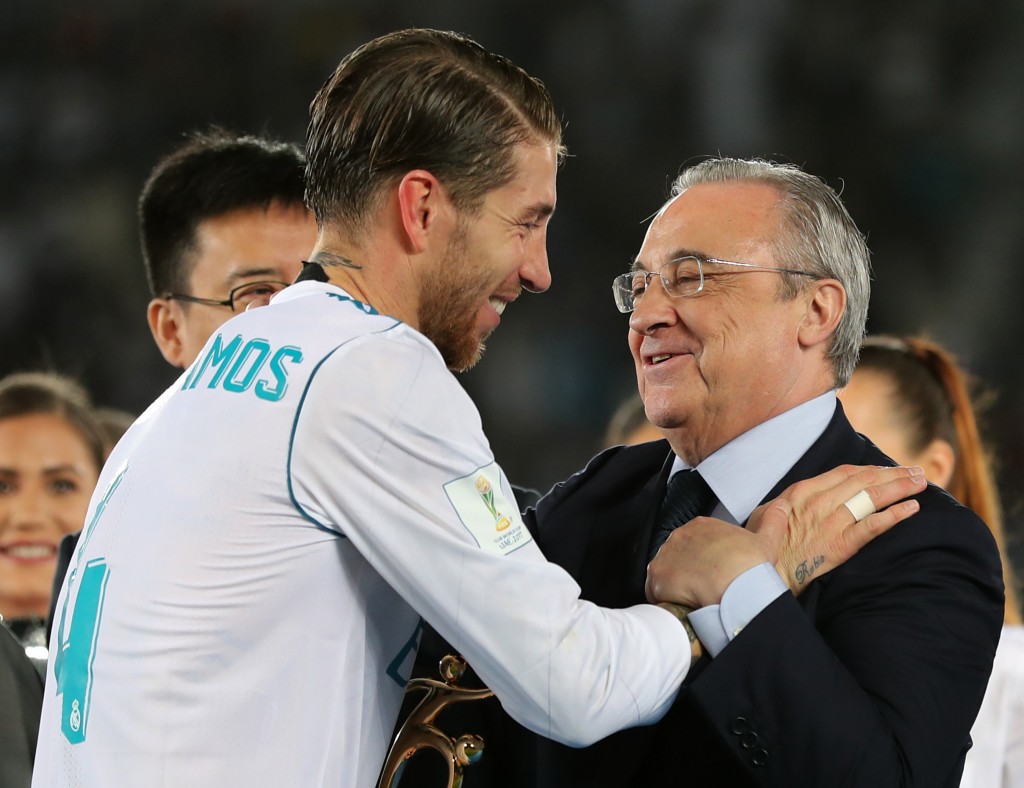
In February 2017, UEFA officials travelled to Madrid to perform unannounced drug tests on 10 players during a training session, that also included superstar Cristiano Ronaldo. The Portuguese is claimed to have reacted badly towards being picked for the tests, but went ahead with the process, along with German international Toni Kroos.
However, soon after, medical personnel from the club itself turned up without any notice and inserted the needles for the tests on the remaining eight players.
Teams are supposed to avoid any interference and guarantee that the doping control officers are able to carry out the procedures independently during an unannounced test, as per the guidelines and Real Madrid were in clear infringement of these rules.
Once again, though, no actions were taken against the Spanish heavyweights by UEFA, apart from demanding a feedback over the incident.
Doping Irregularities: Ramos, Ronaldo and the Controllers https://t.co/fepqizZu1R pic.twitter.com/VGQcakLNQa
— SPIEGEL ONLINE English (@SPIEGEL_English) November 23, 2018
The veracity of the reports from Der Spiegel, that are based on information from Football Leaks, cannot be completely ascertained. Yet, as per these allegations, the number of times Ramos and Real Madrid seem to have had a brush with the anti-doping rules, and the fact that none of these incidents saw the light of the day, does leave one flummoxed.
These accusations of irregularities have raised a serious question mark on the legitimacy of Los Blancos’ recent success under Zidane, their hat-trick of UEFA Champions League triumphs.
It has also cast grey clouds over the credibility and the ways of operation of the governing bodies of football and the prevalent corruption in the game, mere days after FIFA president Gianni Infantino was accused of helping Manchester City avoid financial fair play sanctions.
The entire episode has left the fans of the beautiful game with a single question on their minds, “Is a player, or a club, bigger than the game of football itself?”
